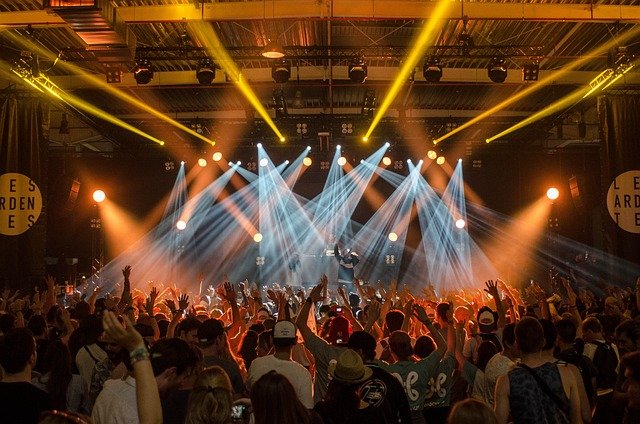Delving into the Cinematic Universe Trend: From Marvel to Beyond
In the labyrinth of modern cinema, a new phenomenon has emerged, breathing new life into the silver screen and captivating audiences worldwide: the cinematic universe. This concept, with roots traced back to the early 20th century, has undergone a dramatic transformation and has become a key player in the global film industry. This article will delve into the rich history, evolution, and significant impact of the cinematic universe trend, offering readers a comprehensive look at this fascinating facet of today's entertainment landscape.

The Genesis of Cinematic Universes
The concept of a shared universe, where different films or series are set within the same world and characters crossover, isn’t new. It can be traced back to the Universal Monster movies of the 1920s and 30s. Those films, featuring iconic characters like Dracula, The Mummy, and Frankenstein, often intersected in sequels and spin-offs, creating a cohesive world for viewers to explore.
Marvel and the Modern Cinematic Universe
However, the most influential and groundbreaking cinematic universe in today’s context is the Marvel Cinematic Universe (MCU). Launched with “Iron Man” in 2008, the MCU has dramatically reshaped Hollywood’s approach to franchise filmmaking, creating a complex web of interconnected films and series. The success of the MCU has led other studios to attempt their own cinematic universes, with varying degrees of success.
The Impact and Reception of Cinematic Universes
The creation of cinematic universes has significantly impacted the film industry. With the ability to weave together multiple storylines and characters, studios can foster long-term audience engagement and generate substantial box office returns. However, this trend has also faced criticism. Some argue it prioritizes franchise-building over standalone storytelling, leading to an oversaturation of sequels and spin-offs.
The Future of Cinematic Universes
Despite the criticisms, cinematic universes show no signs of slowing down. From the DC Extended Universe to the expanding “Star Wars” universe, studios continue to invest in this model. The advent of streaming platforms has opened even more avenues for these interconnected narratives, allowing for a mix of films and series that further deepen the shared universe.
Concluding Thoughts
The cinematic universe trend has indelibly marked the film industry, transforming the way stories are told and consumed. As audiences continue to embrace these interconnected narratives, we can expect the cinematic universe to remain a significant player in the future of filmmaking.
This article offers a comprehensive exploration of the cinematic universe trend, tracing its origins, examining its impact and reception, and speculating about its future. As we continue to navigate the ever-evolving entertainment landscape, the cinematic universe presents a fascinating case study of innovation, creativity, and commercial success.




